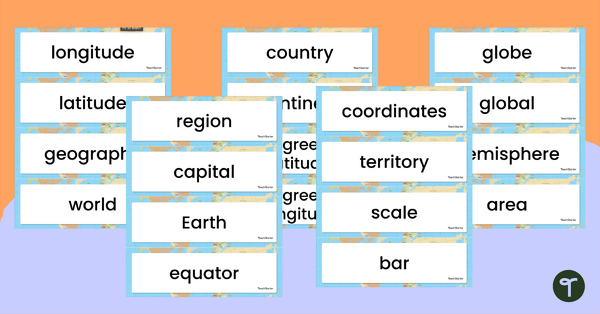What is a “perfect modal”?
This is a pretty advanced grammar topic, but I’ll try to use simple explanations today. Perfect modals are not actually “perfect,” but they are called that because they use a modal verb (in this case, could, should, might/may, must) followed by a perfect tense construction (“have” + past participle). Perfect modals are used to talk about past actions.
Must have
“Must have” is used to express a logical conclusion about something that occurred in the past. We are unsure of what exactly happened, but based on the evidence, we can come to some conclusion. As opposed to “might have” or “may have”, as we will see later, “must have” expresses more certainty.
Examples:
May have/Might have
“May have” and “might have” are used to express possibility in the past. The use of these two modal perfects also express uncertainty.
Examples:
Can’t have
“Can’t have” is used in a similar manner to “must have”, but in the negative. We use “can’t have” when we are fairly certain that something didn’t happen or wasn’t true in the past.
Examples:
Could have
“Couldn’t have” can be used instead of “can’t have”.
Examples:
“Could have” is also used to express that something was possible in the past, but in fact did not happen.
Examples:
“Could have”, in the affirmative, is similar to “might have” or “may have”, in that it expresses possibility in the past.
Examples:
Should have/Ought to have
“Should have” and “ought to have” are used when something didn’t happen but it would have been better if it had. In the negative, these modals indicate that something happened but it would have been better if it hadn’t.
Examples:
| Ben ought to have gone to the doctor sooner. Now they say it will be a month before he is fully recovered. |
Would have
“Would have” is used to form the conditional in English. See the lesson on conditional sentences for more information.


No hay comentarios:
Publicar un comentario